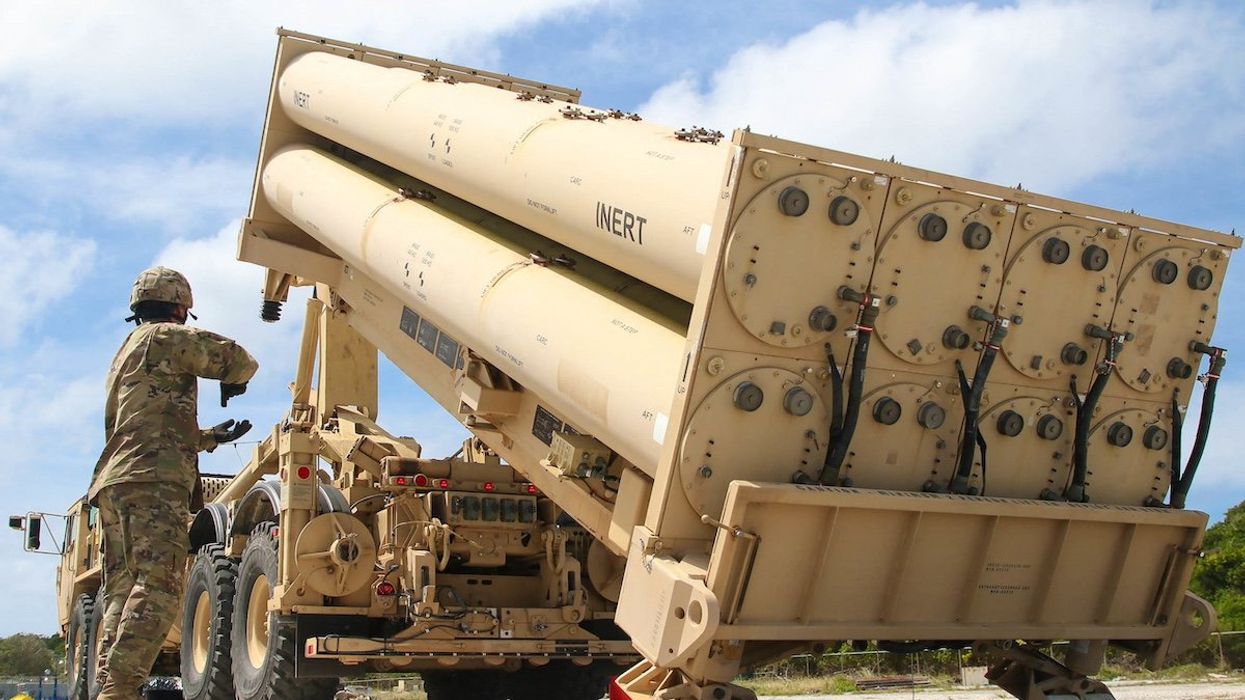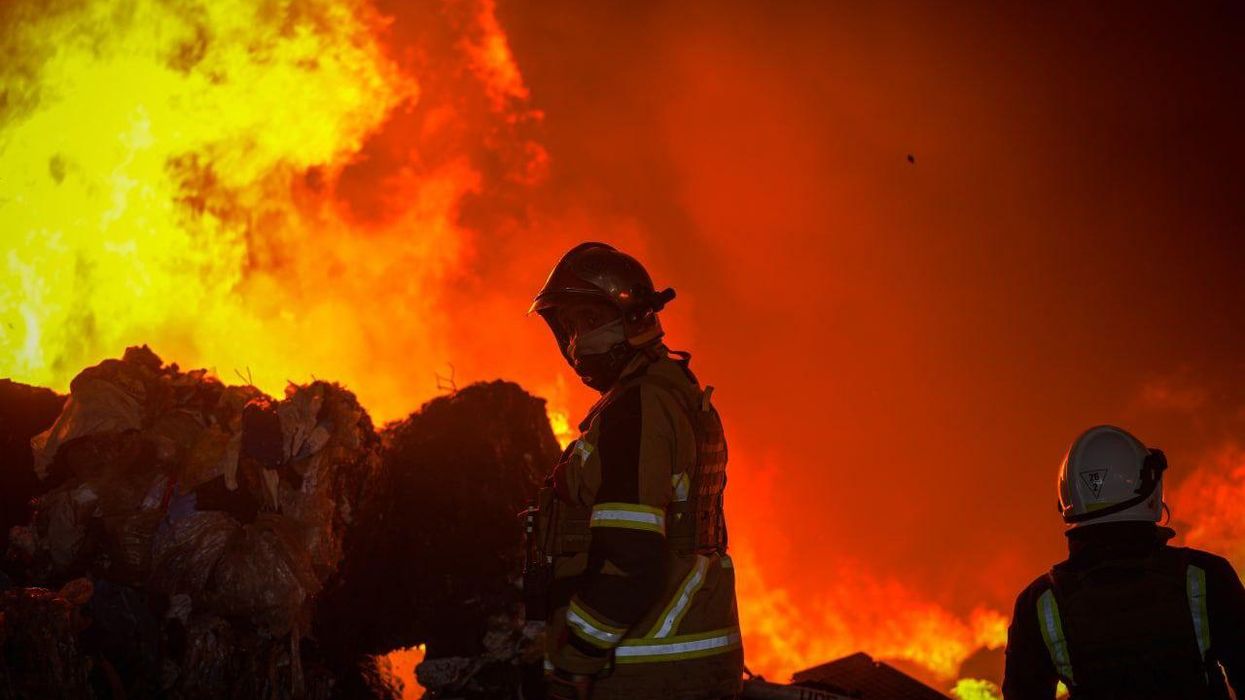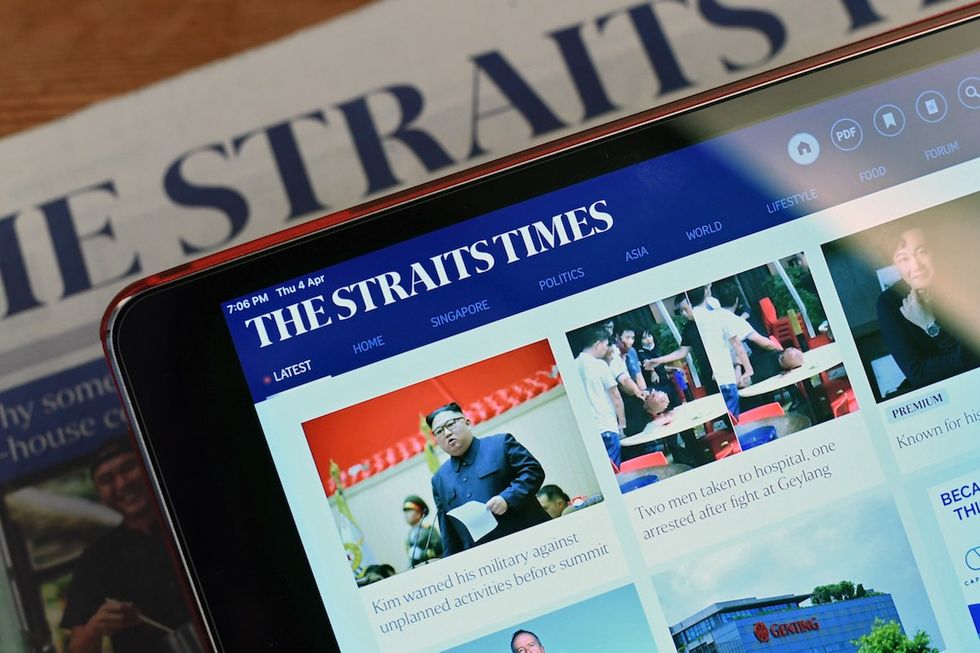What We're Watching
US deploys anti-missile system to Israel, UN accuses Israel of damaging base
The Biden administration is sending an anti-ballistic missile system to Israel to bolster the Jewish state’s defenses against potential Iranian attacks and underscore Washington’s “ironclad commitment” to Israel’s defense, the Pentagon said Sunday.
Oct 13, 2024




